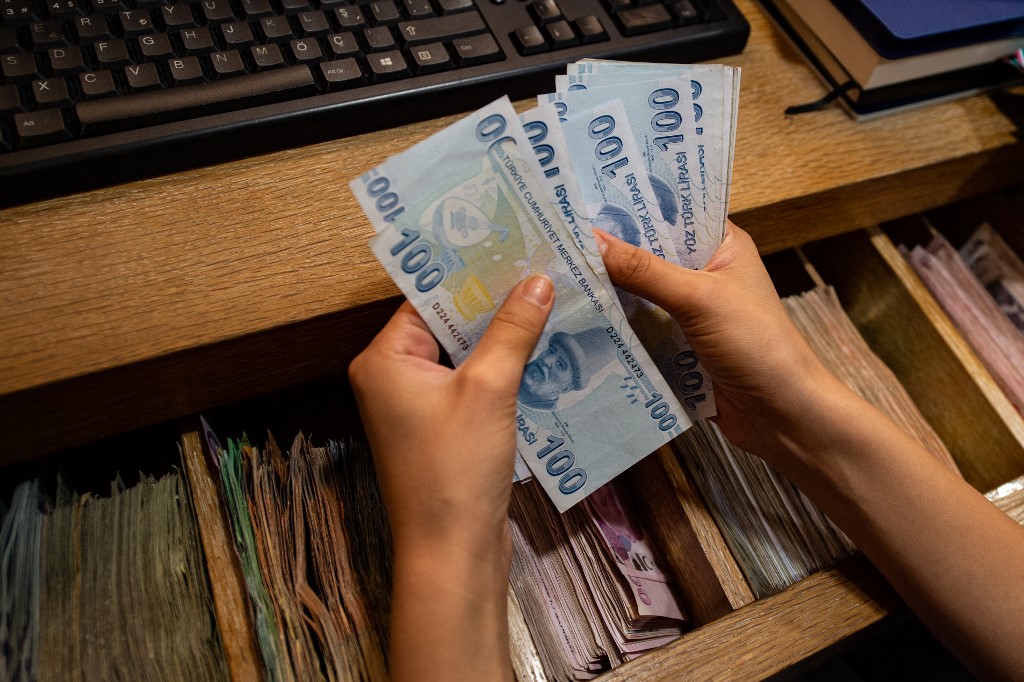A recent report released by the Confederation of Progressive Trade Unions (DİSK-AR) research center has revealed how the presidential system has taken an economic toll on Turkey during the four years since its introduction in 2018, according to local media reports.
Through a referendum in April 2017, Turkey switched from a parliamentary system of governance to an executive presidential system that granted President Recep Tayyip Erdoğan and his ruling Justice and Development Party (AKP) sweeping powers and was criticized for removing constitutional checks and balances, thus leading to a further weakening of Turkish democracy.
The report, titled “Four-Year Balance Sheet of the Presidential System,” which was released on the NGO’s website on Friday, said the dollar and euro exchange rates have increased three-and-a-half times within the past four years, with the Turkish lira dropping from 4.8 to 17.4 against the US dollar and from 5.5 to 18.3 against the euro since the introduction of the presidential system.
Although the Turkish minimum monthly wage has been increased by 156.3 percent (from TL 1,603 to TL 4,253) in the past four years, it has actually declined when calculated in dollars by as much as $91 compared to 2018, according to the report.
Official figures showed year-on-year inflation surging from 15.4 to 73.5 percent, the country’s highest in 23 years, between 2018 and 2022, the report said, adding that food prices rose on an annual basis from 18.89 to 91.63 percent within the same period.
The number of unemployed has risen by 47.2 percent since June 2018, to 8.1 million in April 2022, according to the broad definition of unemployment, DİSK-AR also said.
The report further revealed that consumer confidence in Turkey has declined by nearly 30 points since the introduction of the presidential system, from 90.6 in June 2018, to 63.4 in June 2022. The economic crisis, the COVID-19 pandemic and the rising cost of living are among the reasons for the fall, the report said, adding that the decline in the figures also shows that Turks don’t trust the country’s economy and are pessimistic about their future.
Meanwhile, the results of the Ankara-based MetroPoll’s monthly “The Pulse of Turkey” survey for June revealed on Friday that 51.6 percent of Turks disapprove of Erdoğan’s performance as president, while his approval rating declined to 44.2 percent.
Over the past several years, Turkey has been suffering from backsliding in its economy, with high inflation and unemployment as well as a poor human rights record. Erdoğan is criticized for mishandling the economy, emptying the state’s coffers and establishing one-man rule in the country where dissent is suppressed and opponents are jailed on politically motivated charges.
Turkey’s financial troubles have increased since the country was hit by the COVID-19 pandemic, with a sudden surge in the number of suicides and closed businesses.
A high cost of living has become the new normal in the country, where recent increases in food and utility prices are pushing up inflation, further crippling the purchasing power of citizens.

